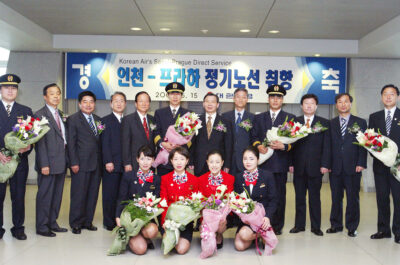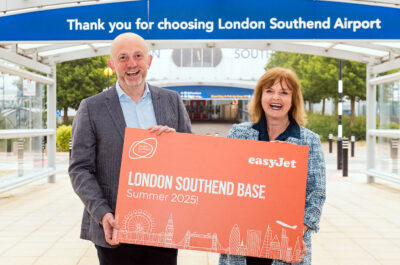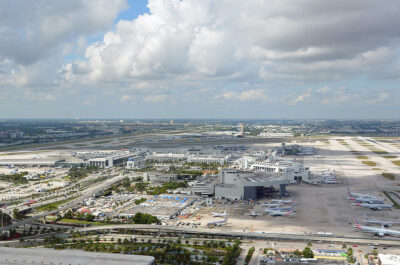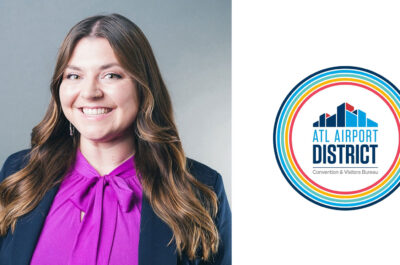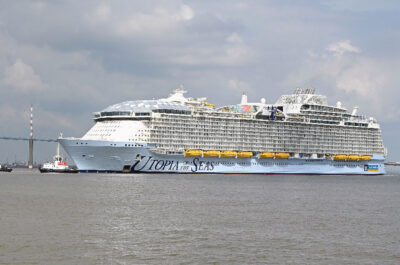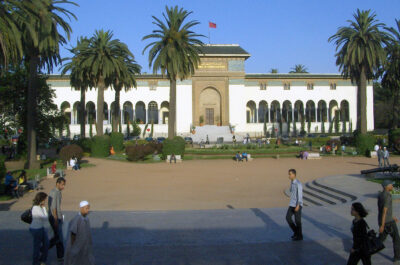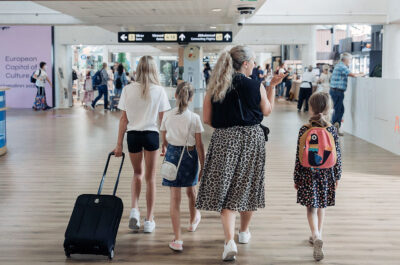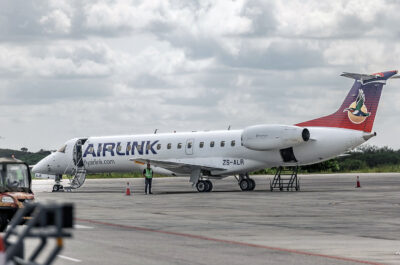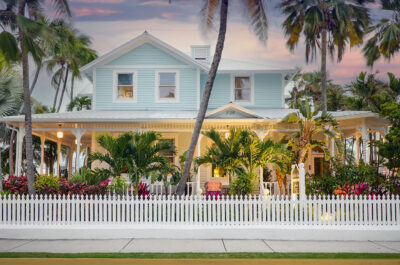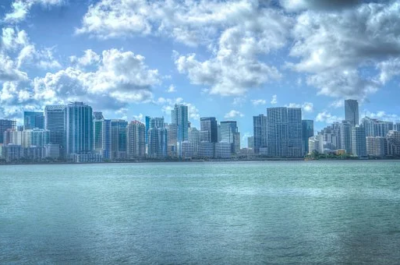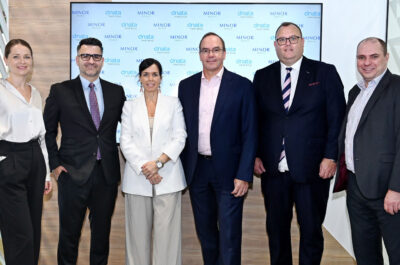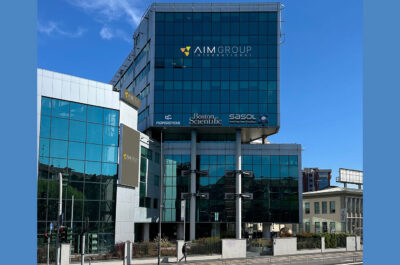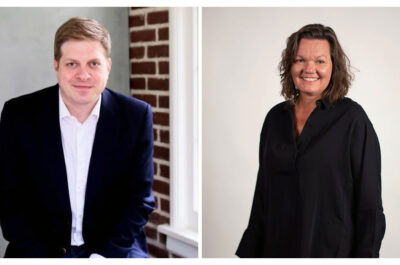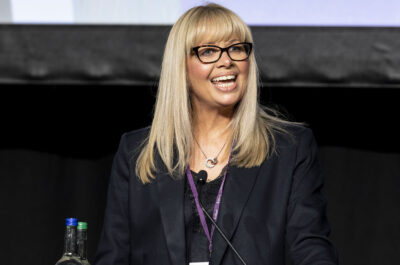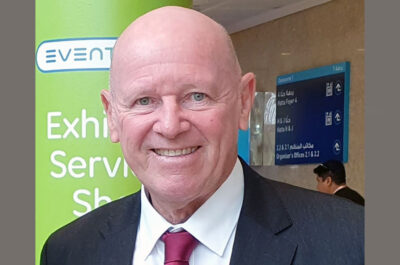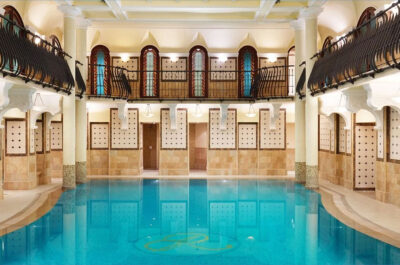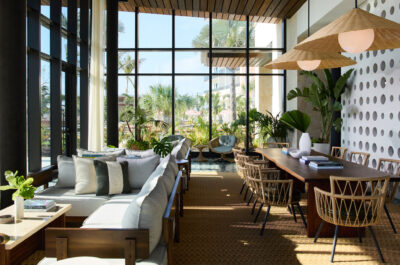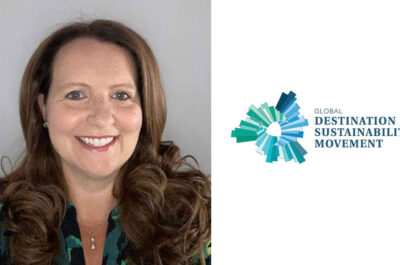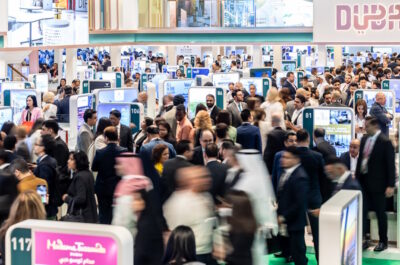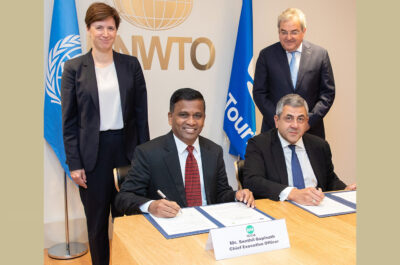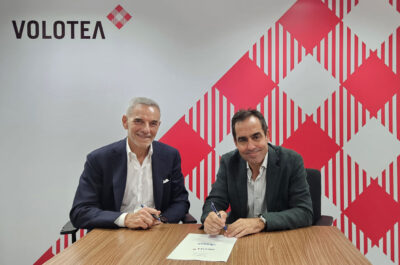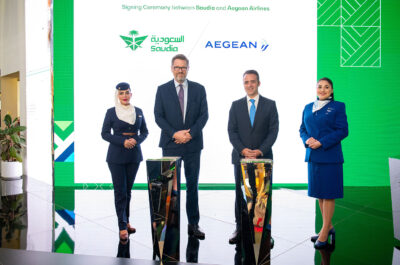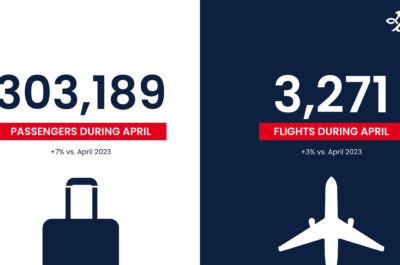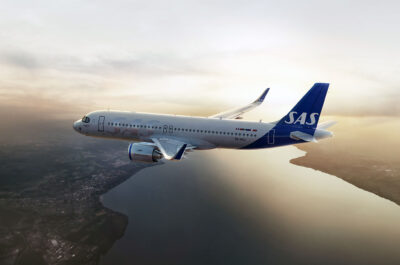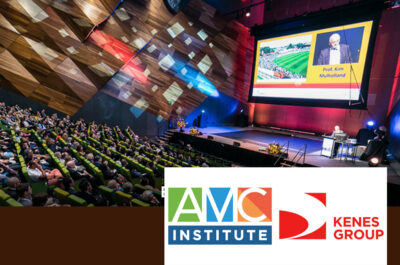Year-to-September 2004 results from the HotelBenchmark Survey by Deloitte show German hotel performance is continuing to improve…
Year-to-September 2004 results from the HotelBenchmark Survey by Deloitte show German hotel performance is continuing to improve. As many hotels are currently finalising budgets for the coming year, we look at the revenue per available room (revPAR) and profitability performance of Germany’s top five performing cities – to give you a benchmark to strive for in 2005.
Improved occupancy levels benefit German hoteliers
Most German cities improved their revPAR performance year-to-September compared to the same period last year. This growth in revPAR was mainly driven by rising occupancy levels with only a few cities managing to improve their average room rates (ARR).
Overall, cities reporting the highest revPAR year-to-September (see graph below) were Munich, Heidelberg, Frankfurt, Hamburg and Berlin. Not surprisingly these were all higher than the German average of €50 for the same period.
Germany’s top revPAR performers – year-to-September 2004

Latest statistics for Germany show that overnight stays increased by just 0.1% to 234.4 m year-to-August versus the prior year. As shown in the table below, the top five cities reporting the highest revPAR achieved higher than average increases in overnight stays for the same period.
Germany – growth in revPAR and overnight stays* year-to-September 2004

Magnificent Munich
Munich achieved the highest revPAR year-to-September 2004 of the 20 cities tracked across Germany, driven by increases in both occupancy and ARR. Latest figures from the statistical office show a 9.4% increase in overnight stays to the city year-to-July, compared to the same period in 2003. Munich has benefited from increased trade fair demand, with BAUMA and INTERMOT returning after two years of absence. In addition, the city has also hosted a number of international conferences and has not seen the same increase in hotel supply, experienced in places like Berlin, which has also benefited hoteliers.
Happy Heidelberg
Heidelberg followed Munich in second place. So far, Heidelberg has enjoyed a prosperous year, with the number of arrivals and overnight stays to the city increasing on 2003 levels. Improved business conditions, an upturn in demand and minimal supply changes have had a knock-on effect on hotel performance. Heidelberg’s location within the Rhein-Main-Neckar triangle, where major companies such as SAP have their headquarters, has helped corporate demand. Furthermore, the city has also seen an increase in leisure visitors from the United States and Japan.
Falling Frankfurt
Despite having one of the highest revPARs in Germany, increasing numbers of overnight stays could not stop Frankfurt’s revPAR levels from falling. While Frankfurt’s occupancy levels increased by 5% during the first nine months of this year, the city’s ARR fell by 10%.
Of the 20 cities tracked across Germany, this is the largest decline in ARR and revPAR seen by any market year-to-September 2004. Frankfurt’s losses are partly due to biennial trade fair demand. For example two key fairs, the International Motor Show Passenger Cars (IAA) and the International Trade Fair Building and Energy Technology (ISH) did not take place this year, but will be held in 2005. The city has also seen new additions to supply, for example NH Frankfurt City and the Steigenberger Metropolitan, which opened in June and September 2003 respectively. There are also a number of projects in the pipeline to open in 2005 and 2006, which are likely to further affect hotel performance in Frankfurt.
Hamburg hangs in
Hamburg’s hotel performance has been more static, as it is impacted less by trade fair business. Whilst the city has seen recent additions to supply, including Le Royal Meridien (September 2003) and InterCity Hauptbahnhof (March 2004), it has still managed to grow its occupancy and ARR slightly. The expansion of the EU earlier this year has opened up more source markets for the city. Hamburg should continue to benefit from increasing numbers of visitors from the new Eastern European member states.
Hamburg is also benefiting from the increasing number of low-cost carriers operating in Europe. Six low-cost carriers (including Hapag-Lloyd Express and Air Berlin) currently fly to Hamburg, connecting the city to domestic and intra-continental source markets. Further, Continental Airlines will start flying directly between Hamburg and New York from June 2005, which should help increase US visitor numbers to the city. In addition, the improved high-speed rail link will reduce travelling times between Berlin and Hamburg, giving tourists the potential to visit both cities while in the country. Tourist organisations in both Berlin and Hamburg plan to run joint promotions to further enhance travel between the cities.
Berlin brings in visitors
Berlin is the number one city destination for visitors. The Museum of Modern Art exhibition has been an especially big draw to the city this year, attracting 1.2m visitors between February and September 2004.
Although, Berlin reported the highest increases in overnight stays in 2004 so far, the city has the lowest revPAR of the top five performing markets. While the city’s occupancy levels improved against last year, ARR suffered. Berlin continues to suffer from increases to supply. Recent openings have included Marriott, Ritz Carlton, Moevenpick and Radisson SAS and there are still a number of projects in the pipeline.
Although Berlin’s airports are not yet catering for long-haul fights, the presence of low-cost carriers is increasing. easyJet recently announced plans to make Berlin Schoenefeld its second major base after London. Berlin Tourism Marketing is also focused on attracting more visitors to the city and will invest €3m in a promotional campaign this winter called “WinterZauber Berlin”.
What about the bottom line?
Anyone involved in the budgeting process will agree it is important to look at revPAR performance but what about bottom line? The German edition of the Monthly Profitability Survey currently tracks hotel operating performance down to Income before Fixed Charges (IBFC) level for Munich, Frankfurt, Hamburg, Berlin, Stuttgart and Dusseldorf.
Focusing on the German cities with the highest revPAR, how did their IBFC fair during the first nine months of the year? Following its top spot in the revPAR performance stakes, Munich unsurprisingly, achieved the top spot in profit levels, with IBFC increasing by 32% year-to-September compared to the prior year. The declines in ARR experienced by both Berlin and Frankfurt are reflected in reduced room department profits.
Key Germany cities – IBFC performance year-to-September 2004

What will 2005 hold for German hoteliers? All bar two cities, tracked on the German edition of the HotelBenchmark Survey, managed to improve their revPAR performance during the first nine months of the year. Munich, Heidelberg, Frankfurt, Hamburg and Berlin reported the highest revPAR of all the cities tracked of between €59 and €73.
The Economist Intelligence Unit predicts that Germany’s Gross Domestic Product will increase by 1.7% in 2004 and 1.9% next year. Although the economy seems to be getting back on track, the recovery in Germany has been mainly export-driven. Continuing high unemployment and job insecurity continues to constrain domestic demand.
More encouraging for Germany, however, is that long-haul traffic from the United States of America and Japan has started to return. German hoteliers should also start to benefit from the increasing number of Chinese visitors to the country as on 1 September most EU countries received the ‘Approved Destination Status’ from China.
Improving economic conditions, the return of visitors and the opening up of potential of new source markets should continue to have a positive impact on hotel performance across Germany. Following the increases in occupancy levels achieved in 2004 and with the trend set to continue, ARR and revPAR should carry on improving next year.
Theodore is the Co-Founder and Managing Editor of TravelDailyNews Media Network; his responsibilities include business development and planning for TravelDailyNews long-term opportunities.





